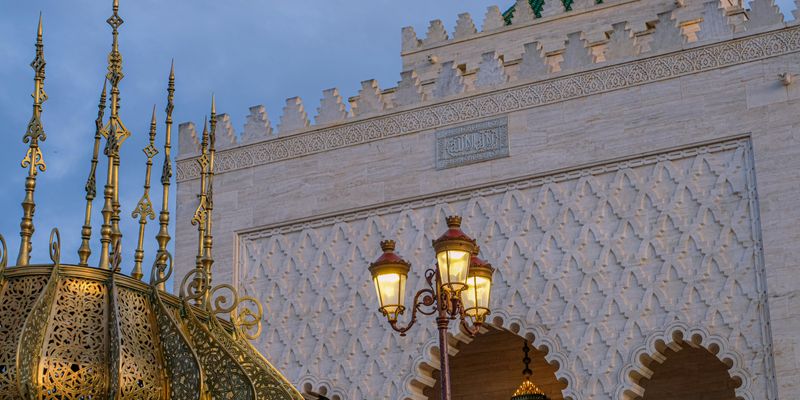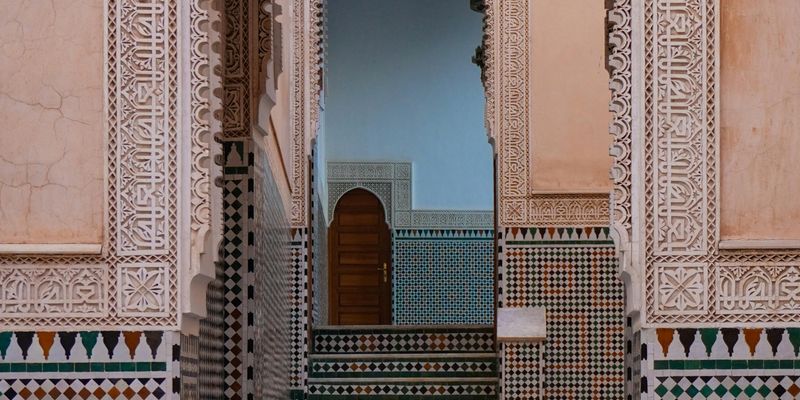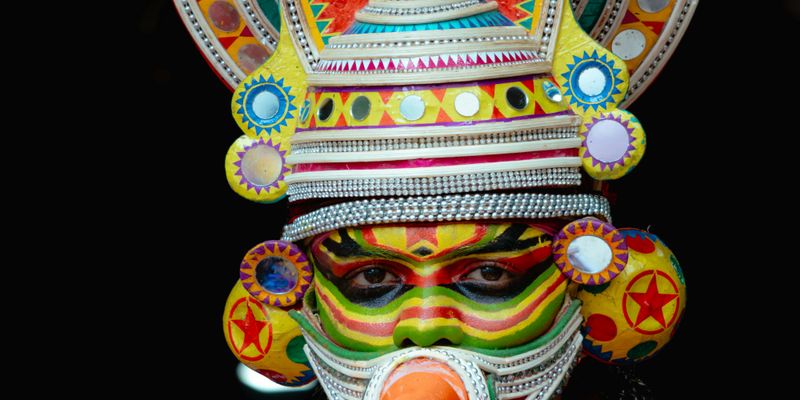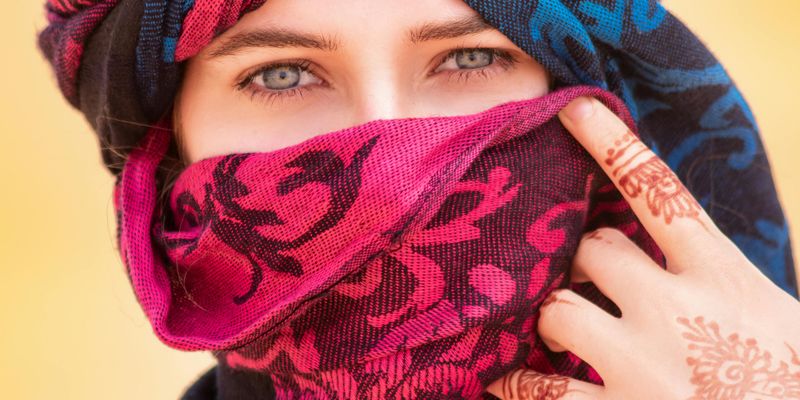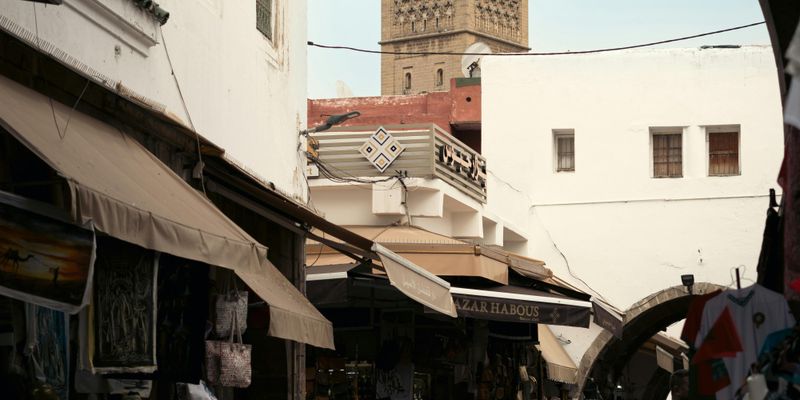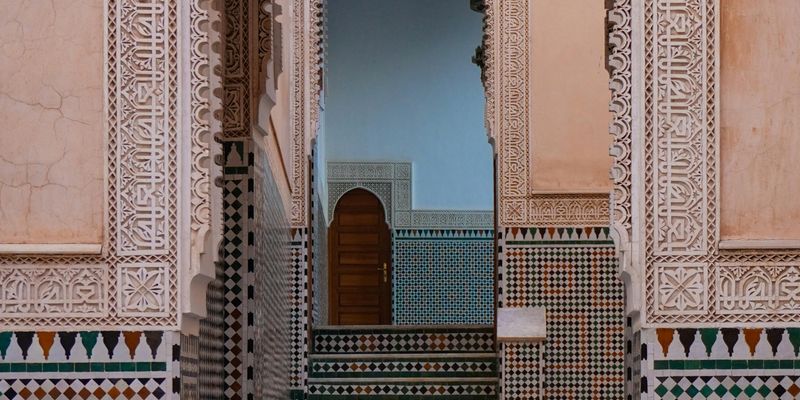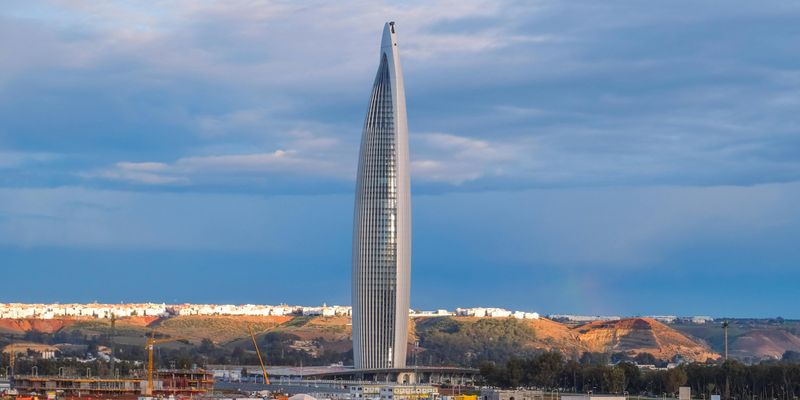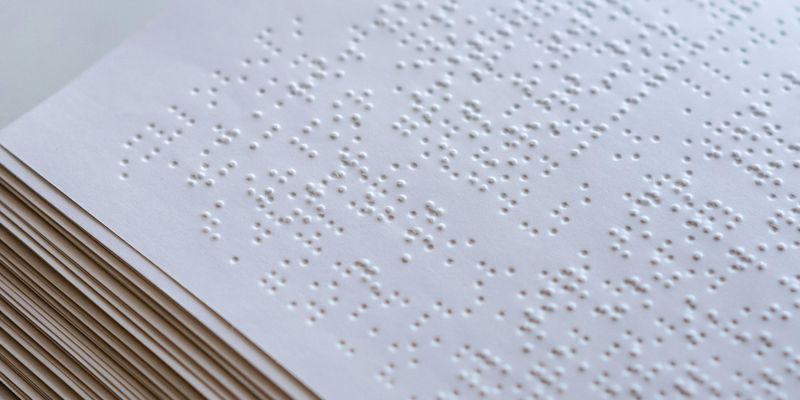
Embracing a Multilingual Mosaic
When you set foot in Morocco, you're immediately enveloped in a rich tapestry of cultures, colors, scents, and sounds. But did you know that one of the best ways to truly immerse yourself in this vibrant environment is by learning the local languages? Understanding Arabic and Berber (Amazigh) can significantly enrich your travel experience in Morocco, and allow you to connect more deeply with its people and traditions.
The Linguistic Landscape of Morocco
Morocco is a multilingual nation, with Arabic serving as the official language and Berber recognized as a national language. However, many Moroccans are also fluent in French, a remnant of the country's colonial past. This multilingualism reflects the country’s diverse history and influences. As a traveler, learning a few key phrases in these languages can open doors to interactions that wouldn’t be possible otherwise.
Building Bridges Through Language
One of my favorite memories is strolling through the vibrant souks of Marrakech. Armed with just a few phrases in Moroccan Arabic, I was able to engage with local artisans, inquire about their craft, and express my admiration for their work. Whether it’s haggling for spices or listening to stories about their families and traditions, speaking the language builds a bridge of understanding and respect.
Imagine being able to ask a vendor about the secrets behind their delicious tagine or a local Berber about their traditional rituals. These conversations create bonds that transcend mere tourist experiences, resulting in genuine connections that enrich your journey.
Enhancing Cultural Understanding
Language is a vessel of culture. By learning Arabic or Berber, you come to understand local customs, idioms, and humor that might otherwise be lost in translation. For example, the phrase “Marhba” (مرحبا) meaning "welcome" embodies the hospitality of Moroccan culture. Being able to use such terms makes your interactions warmer and opens up further discussions about cultural practices.
Additionally, speaking the language assists you in navigating the social norms. You learn to appreciate the etiquette of greeting with a kiss on both cheeks or how to express gratitude in a way that resonates with local sensitivities.
Taste the Language
Learning a new language invariably leads to discovering local cuisines. In Morocco, food is a language of its own. Words like “couscous” and “b’stilla” (a savory pie filled with pigeon or chicken, spices, and confectioner’s sugar) quickly become part of your vocabulary. When you buy from a market, conversing in the local tongue while requesting your favorite ingredients not only enriches your culinary experience but also makes you feel more like a local.
Practical Tips for Language Learning
If you're convinced that picking up some language skills is a good idea (it is!), here are a few tips:
- Start with Basics: Learn common phrases and greetings to break the ice.
- Practice with Locals: Don’t hesitate to practice what you learn. Moroccans will appreciate your efforts and often help with pronunciation.
- Use Language Apps: Apps like Duolingo or Memrise offer courses in Arabic that can help you get a head start before your journey.
- Join a Local Class: Consider enrolling in a language class upon arrival. This is also a fantastic way to meet people!
Conclusion: More Than Just Words
In conclusion, learning languages in Morocco isn't just about mastering vocabulary; it's about immersing yourself in a diverse cultural experience. As you navigate through the captivating landscapes—from the sandy dunes of the Sahara to the bustling streets of Casablanca—each word can help unlock the heart of this incredible nation. Whether you're discovering the history and heritage or sharing a meal with new-found friends, language will serve as your invaluable companion on this enriching journey. So why not start learning today? As we say in Morocco, "Lah ibarak f’kharjitek" (May God bless your journey)!
